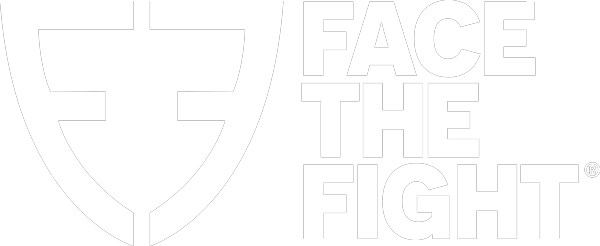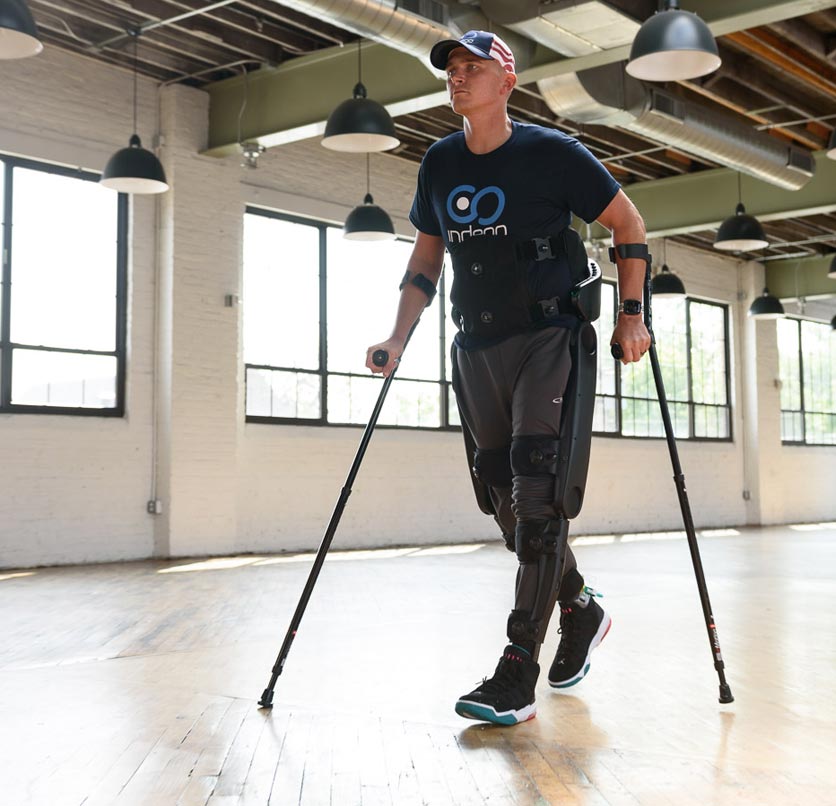 Since SoldierStrong’s inception following the tragic events of 9/11, the Stamford, Conn.-based group has donated more than $3 million of medical devices to help injured Veterans. Today’s donation is the organization’s 24th exoskeleton donation, including the 20th one to the VA system. Currently, 35,000 Veterans have access to exoskeleton rehabilitation devices.
Since SoldierStrong’s inception following the tragic events of 9/11, the Stamford, Conn.-based group has donated more than $3 million of medical devices to help injured Veterans. Today’s donation is the organization’s 24th exoskeleton donation, including the 20th one to the VA system. Currently, 35,000 Veterans have access to exoskeleton rehabilitation devices.
“VA has an established tradition of using the most advanced technologies to provide cutting-edge rehabilitation care to Veterans,” said Medical Center Director Fernando Rivera. “SoldierStrong’s donation of this cutting-edge device will help us continue to maximize the independence and improve the quality of life of the Veterans that we treat.”
SoldierStrong co-founder and chairman Chris Meek said the organization’s goal to make exoskeleton suits available to every Veteran in need throughout as many states as possible was a significant factor in the local donation. This is the second exoskeleton donated by SoldierStrong in the state, allowing for use of the device to become more accessible for a wider array of Louisiana’s Veterans.
“Many Veterans who sustain spinal injuries are young men and women, which means individuals often must navigate through decades of health-related challenges when these devastating injuries occur,” Meek said. “Early rehabilitation therapy with an exoskeleton has shown to have lasting positive effects on both the physical and often overlooked mental health recovery for patients who use them. That is why we feel it is so important that exoskeleton devices are made accessible to as many Veterans as possible — young and older — at the onset of their journey of recovery, in order to positively shape and impact mobility in the decades ahead. We are honored to work with the New Orleans VA Medical Center in making our goal a reality.”
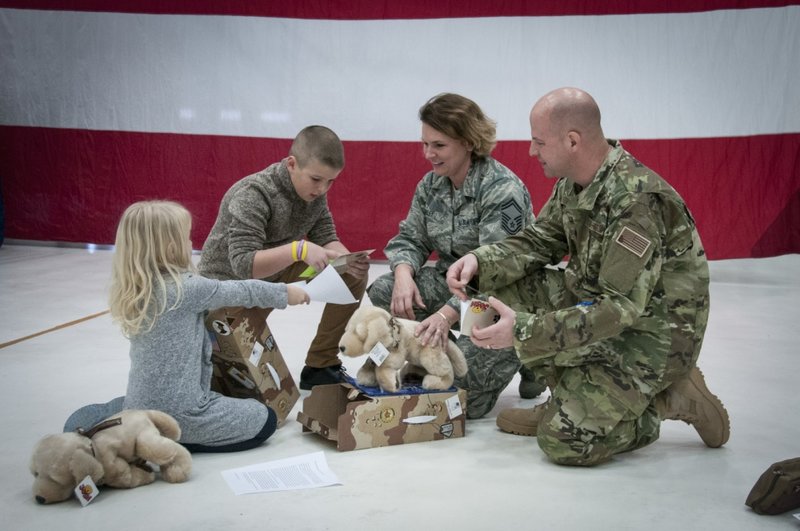
 Dr. Barbara Van Dahlen, appointed by the president as executive director of the President’s Roadmap to Empower Veterans to End a National Tragedy of Suicide (PREVENTS) task force, and Dr. Albert “Skip” Rizzo, director of medical virtual reality at the University of Southern California’s Institute for Creative Technologies, were recognized as this year’s co-recipients for their contributions to our country’s veterans, including their commitment to promoting mental health and wellness and medical innovation to improve the lives of veterans.
Dr. Barbara Van Dahlen, appointed by the president as executive director of the President’s Roadmap to Empower Veterans to End a National Tragedy of Suicide (PREVENTS) task force, and Dr. Albert “Skip” Rizzo, director of medical virtual reality at the University of Southern California’s Institute for Creative Technologies, were recognized as this year’s co-recipients for their contributions to our country’s veterans, including their commitment to promoting mental health and wellness and medical innovation to improve the lives of veterans.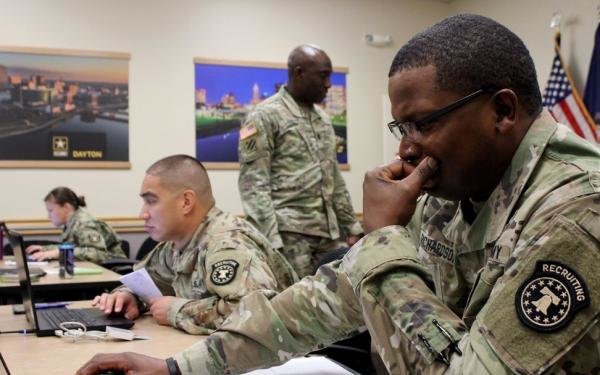
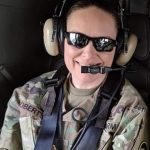 U.S. Army veteran Edrena Roberts, a 2019 SoldierScholar recipient
U.S. Army veteran Edrena Roberts, a 2019 SoldierScholar recipient
